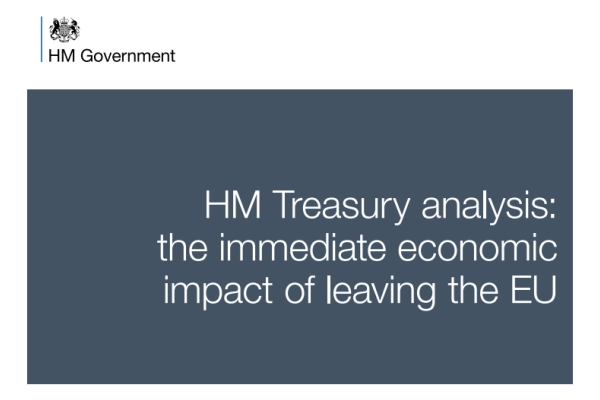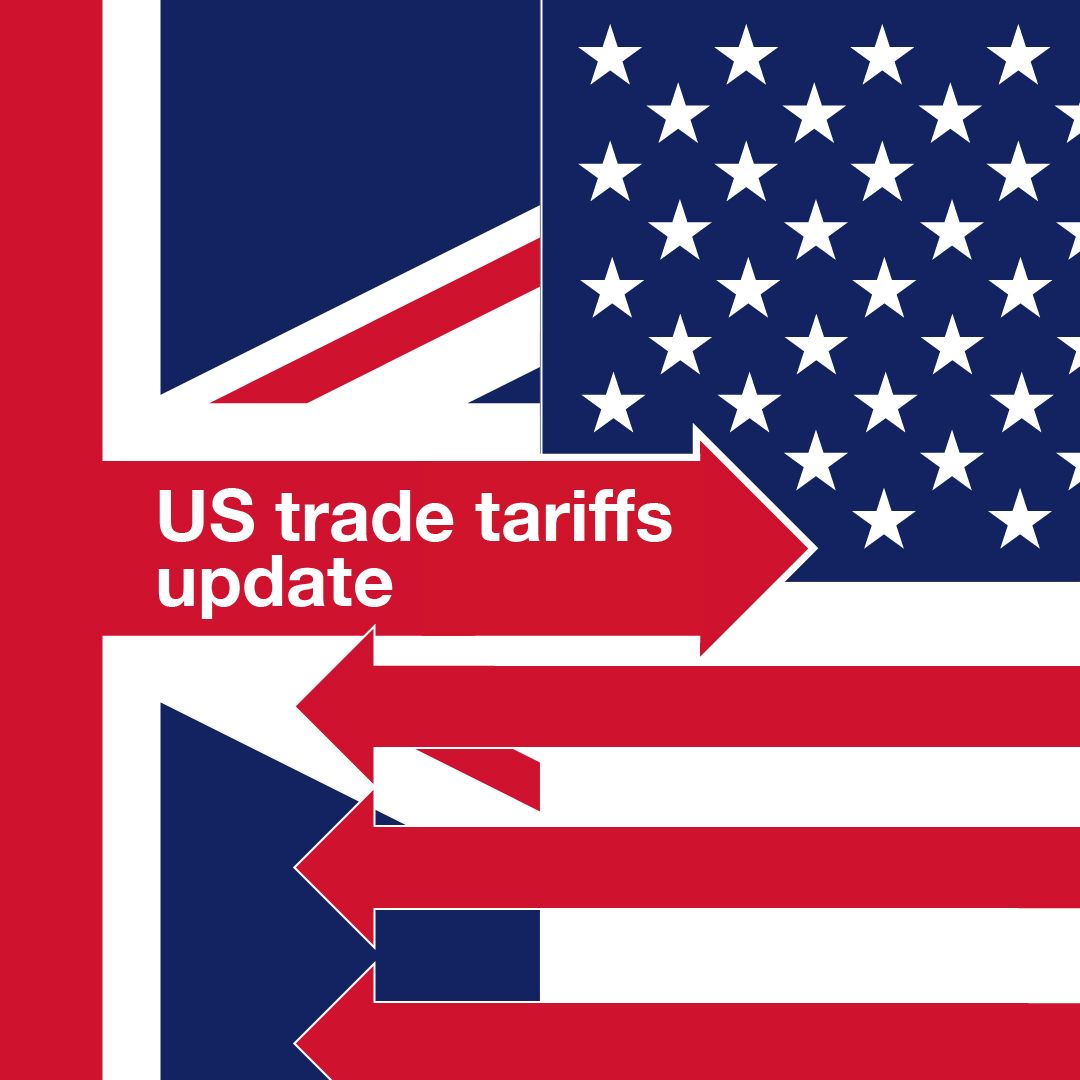
Today the Treasury published an analysis of the immediate economic impact of a vote for the UK to leave the EU.
Speaking in Southampton this morning, the Chancellor said that the analysis is clear: “the uncertainty that would be caused by a vote to leave would put the brakes on investment, would cost over half a million people in our country jobs, and would cut people’s wages too.”
The document sets out the impact of a decision to leave the EU on the UK Aerospace sector:
The UK is a world leader in civil aerospace – number one in Europe and second only to the US globally – employing 110,000 people and supporting a further 113,000 jobs. It relies heavily on EU supply chains, both as a buyer and a seller, and even companies that do not directly export produce parts for other exporters. In the UK, Airbus designs and manufactures wings and Rolls-Royce make engines, but many of the aircraft that end-users buy are assembled in continental Europe. Aerospace is an international industry.
A vote to leave the EU would result in uncertainty over continued access to these supply chains. Businesses would want to ensure supply chains could continue to deliver after UK exit from the EU, but the uncertainty could lead businesses to make decisions to invest and source components away from the UK immediately
following a vote to leave.Reflecting these risks, 76% of aerospace members of ADS (the trade association which covers Aerospace, Defence, Security and Space sectors) believe remaining in the EU is best for their business. Indeed, Airbus Group UK recently warned that their investment would be less certain if the UK votes to leave. This would eventually undermine the UK’s manufacturing capability and make it less likely the UK attracts future work when new aircraft models are launched.
There would also be some uncertainty over the rules under which UK-based businesses would need to operate. That said, many decisions affecting the UK aerospace sector would still be made outside the UK. Regulations negotiated through the EU (for example, on emissions and noise) would in practice still be applied by UK businesses that wanted to continue trading internationally, but the UK would have less influence over Europe-wide negotiating positions.
Aerospace is a rapidly developing industry and sustained investment in technology, design and production is critical for the high productivity of the sector. A temporary decline in investment could permanently affect the continued competitiveness of the sector.
As ADS Chief Executive Paul Everitt said in response to the Treasury analysis: “The UK’s high-value manufacturing industries value the stability and certainty that remaining part of the EU brings for growth, jobs, skills and exports.”
Our industries are clear that the UK’s continued membership of the EU is good for companies, their employees and the future prosperity of the country.





